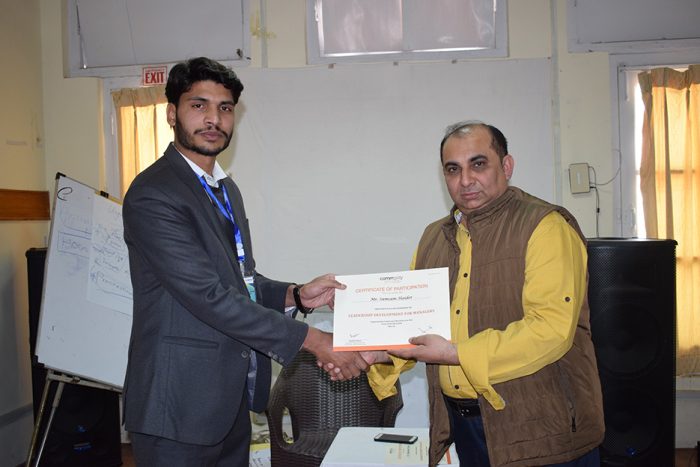When: 23th– 25th May 2022 (arrival at the venue on 22rd May 2022)
Where: Murree, Punjab
Language: Urdu and English
Interested Applicants: Click here to register
Last Date to Apply: 5th May 2022 (incomplete applications will not be entertained)
Training Objectives: Through this training, you will be able to:
- Understand the underlined concepts of resource mobilization.
- Analyze the current resource environment and its implications in sustainability of NGOs.
- Identify different resources, financial and non-financial and determine ways to access them.
- Design a strategic plan for mobilizing resource.
- Prepare an action plan, based on the strategic plan for resource mobilization: where are you now, what do you want to achieve and what resources you will require for that.
Background
With the advent of globalization, managers find themselves in a far more competitive environment within which they must secure resources for the growth and sustainability of their organizations and programs. This three-day workshop on resource mobilization aims at building capabilities of individuals/organizations in the domain of resource management. It also provides the skills for conceptualizing, designing, implementing and evaluating an efficient resource mobilization strategy. The training will provide an opportunity to acquire new contacts, build networks and partnerships and share your experience with others engaged in resource mobilization
Number of Participants
- A maximum of 20 participants will be selected for the training. Women and staff belonging to ethnic/religious minorities are encouraged to apply. Preference will be given to participants representing organizations working in remote and under-served areas.
Selection Criteria
- Participant’s organization should be registered with its respective provincial Social Welfare Department
- Participant is in a mid/senior for leadership role working in a local/national NGO with primary responsibility of resource mobilization.
- The workshop is suitable for board members, directors, managers and programme officers of civil society organizations who wish to diversify their funding portfolio.
- Participants from women led organisations, different abled persons, minority groups will be given preference
- Commitment to apply learning in their work, including dissemination of learning within their organisation
Fee Details
- Training fee for each participant is PKR 10,000. Fee concessions and scholarships are available for participants belonging marginalised groups and NGOs with limited funding.
- No TA/DA will be given to participants and travel expenses will be incurred by participants themselves.

Facilitator/Lead Trainer: Mr. Sohail Muhammad Ali is a high-performing research and capacity-building specialist and trainer with expertise in research, training and development to maximize human resource outputs in social development and education sectors. He is a respected & proven advisor to non- government organisations, and has played an active role in providing guidance on research and development functions to promote and innovative solutions to social developmental challenges. He is an influential and inspirational leader with excellent human capital development skills. Mr. Sohail has the experience of working in South Asia, Africa and Europe. He has conducted professional development workshops and capacity building sessions. He has served as a national and international consultant for organizations including Leonard Cheshire (LC) UK, World Bank, USAID, Care international, UNICEF, Aga Khan Rural Support Program (AKRSP), Academy for Educational Development (AED), Aga Khan Foundation (AKF), Transparency International, Lead Pakistan, British Council Pakistan, Human Resource Development Network (HRDN), and others.
Community World Service Asia (CWSA) is a humanitarian and development organization, registered in Pakistan, headquartered in Karachi and implementing initiatives throughout Asia. CWSA is member of the Core Humanitarian Standard (CHS) Alliance, a member of Sphere and their regional partner in Asia and also manages the ADRRN Quality & Accountability Hub in Asia.





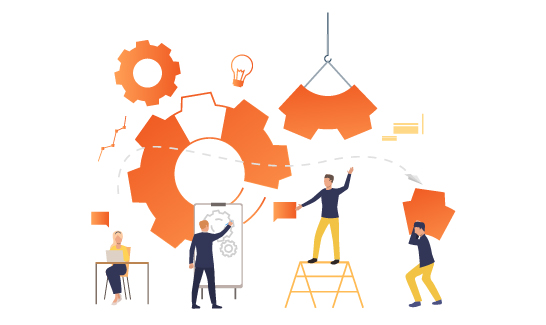

 Ms. Sofia Noreen is an ambitious professional with over 28 years’ eventful career studded with brilliance predominantly in the area of research, program/ project designing and execution, monitoring, international development, and liaison & coordination. Her areas of focus include Gender and Women Empowerment, Climate Change/ Food Security within rural communities, and Governance issues both at policy and implementation levels. She is a dependable professional with a comprehensive understanding of Pakistani politics, the parliamentary setup, and electoral reform agenda and familiar with election management systems both for general and local bodies elections.
Ms. Sofia Noreen is an ambitious professional with over 28 years’ eventful career studded with brilliance predominantly in the area of research, program/ project designing and execution, monitoring, international development, and liaison & coordination. Her areas of focus include Gender and Women Empowerment, Climate Change/ Food Security within rural communities, and Governance issues both at policy and implementation levels. She is a dependable professional with a comprehensive understanding of Pakistani politics, the parliamentary setup, and electoral reform agenda and familiar with election management systems both for general and local bodies elections.
 Palwashay Arbab – Head of Communications and Gender Justice Focal Person- CWSA. A journalism and humanitarian practitioner associated with the aid sector in the Asia Pacific region since the last ten years. Has a diverse experience based on humanitarian work, journalistic writing, humanitarian and development communication, social media management, advocacy, training management, fundraising, branding and public relations, program development, gender justice and coordination. Training and presentation development experience for youth and staff on social media campaigns, hashtag activism, diversity and safeguarding. Representational and networking experience with the international donor community, I/NGOs, and communities. Currently co-chairing the global Gender Justice Reference group of ACT alliance and governing board member of the Communicating with Disaster Affected Communities (CDAC) Network.
Palwashay Arbab – Head of Communications and Gender Justice Focal Person- CWSA. A journalism and humanitarian practitioner associated with the aid sector in the Asia Pacific region since the last ten years. Has a diverse experience based on humanitarian work, journalistic writing, humanitarian and development communication, social media management, advocacy, training management, fundraising, branding and public relations, program development, gender justice and coordination. Training and presentation development experience for youth and staff on social media campaigns, hashtag activism, diversity and safeguarding. Representational and networking experience with the international donor community, I/NGOs, and communities. Currently co-chairing the global Gender Justice Reference group of ACT alliance and governing board member of the Communicating with Disaster Affected Communities (CDAC) Network. Asma Shehzad –Head of Support Functions- Safeguarding Focal Person-CWSA with more than 15 years of experience in Management including Organizational Policy development, conflict management, investigations, policies implementation, Asma has been now working with Community World Service Asia as Head of Support Functions. She is currently based in Islamabad, Pakistan. Asma is not only involved actively in the implementation of Safeguarding Policy at the organizational level with all stakeholders, she also acts as a Safeguarding Focal Person for CWSA. Being head of Support Functions Department, she is fulfilling her responsibilities in the development and implementation of policies to the best of her abilities. To her credit is the honor to be part of the team that has implemented Safeguarding Policy across CWSA. She also feels privileged to be part of Act as Co-Chair for Act Community of Practice- Safeguarding.
Asma Shehzad –Head of Support Functions- Safeguarding Focal Person-CWSA with more than 15 years of experience in Management including Organizational Policy development, conflict management, investigations, policies implementation, Asma has been now working with Community World Service Asia as Head of Support Functions. She is currently based in Islamabad, Pakistan. Asma is not only involved actively in the implementation of Safeguarding Policy at the organizational level with all stakeholders, she also acts as a Safeguarding Focal Person for CWSA. Being head of Support Functions Department, she is fulfilling her responsibilities in the development and implementation of policies to the best of her abilities. To her credit is the honor to be part of the team that has implemented Safeguarding Policy across CWSA. She also feels privileged to be part of Act as Co-Chair for Act Community of Practice- Safeguarding.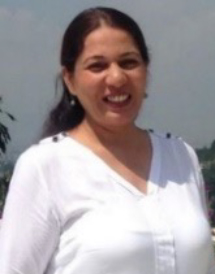 Ayesha Hassan – Associate Regional Director Head – CWSA Ayesha Hassan is the Associate Director at the Community World Service Asia with a diverse experience of campaigning and project implementation on Quality and Accountability (including Safeguarding, PSEAH, Complaints Response Mechanism), Gender, Livelihood (including food security with focus on DRR), Education, and Participation. She is a trainer, advisor and voice for Quality and Accountability standards including Core Humanitarian Standards, Do No Harm Approach, and Sphere Standards.
Ayesha Hassan – Associate Regional Director Head – CWSA Ayesha Hassan is the Associate Director at the Community World Service Asia with a diverse experience of campaigning and project implementation on Quality and Accountability (including Safeguarding, PSEAH, Complaints Response Mechanism), Gender, Livelihood (including food security with focus on DRR), Education, and Participation. She is a trainer, advisor and voice for Quality and Accountability standards including Core Humanitarian Standards, Do No Harm Approach, and Sphere Standards.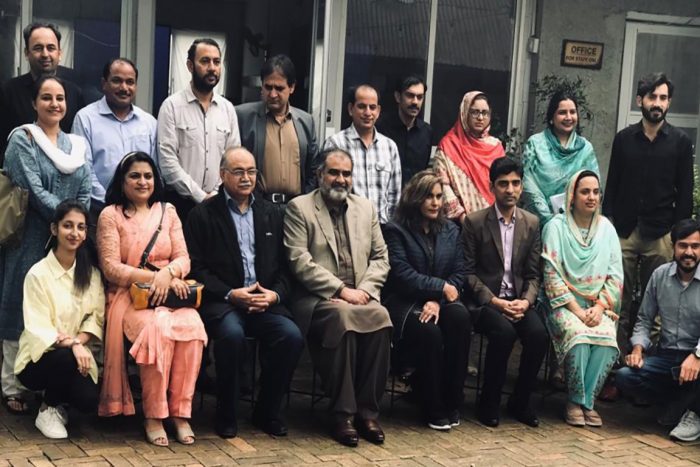
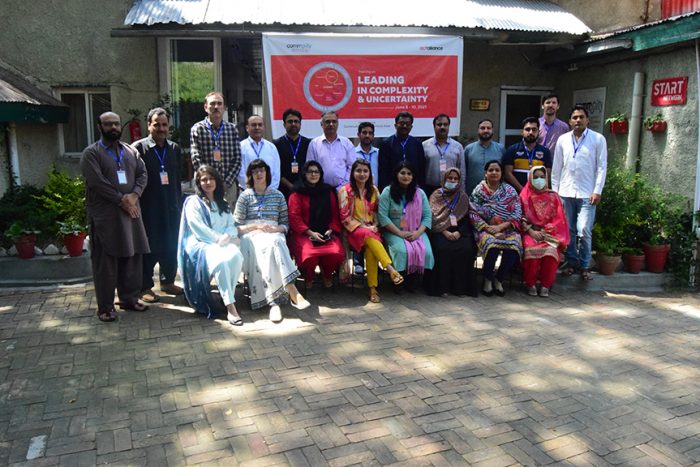
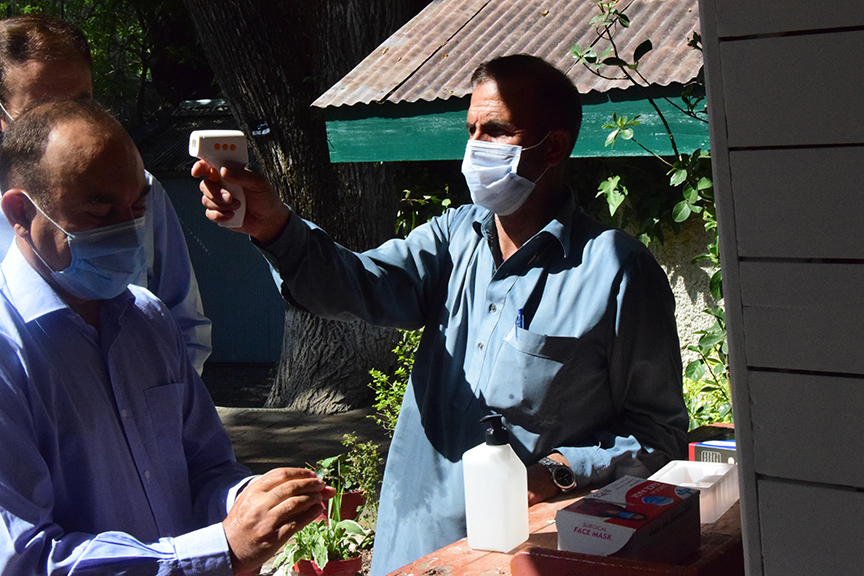


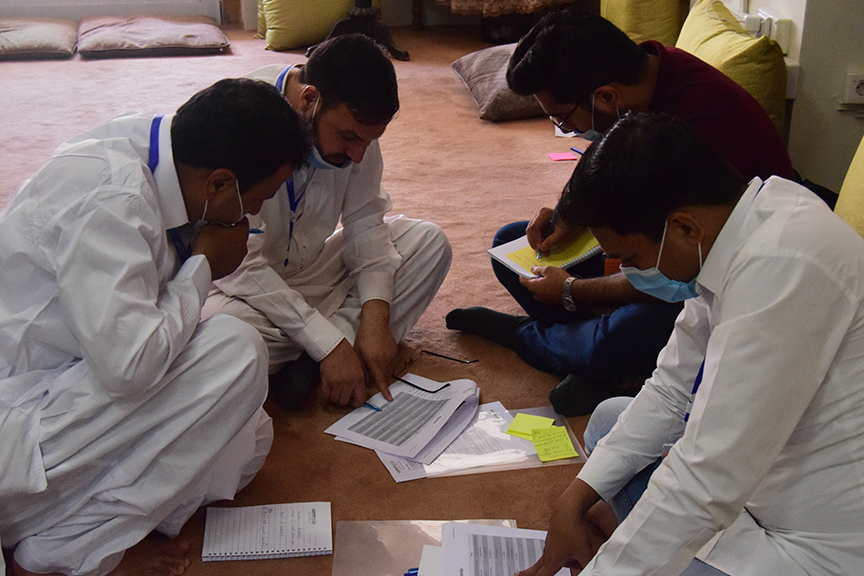

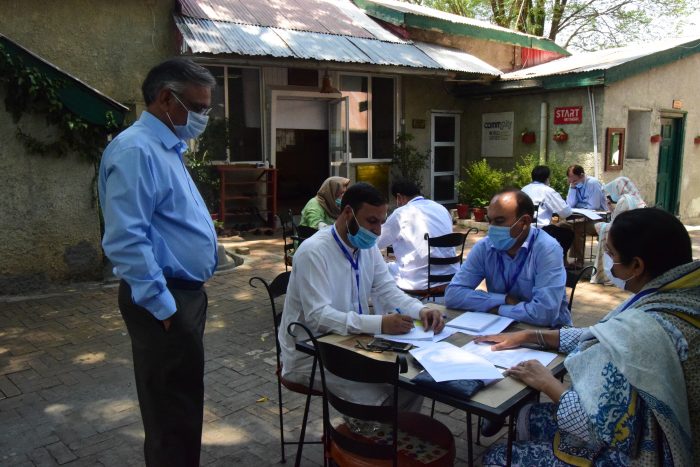
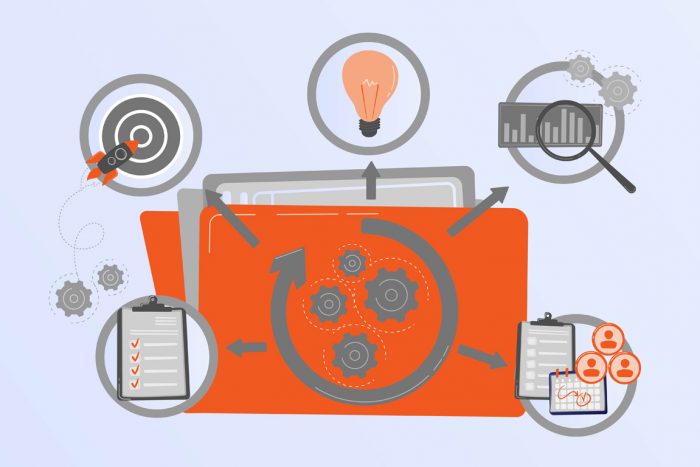


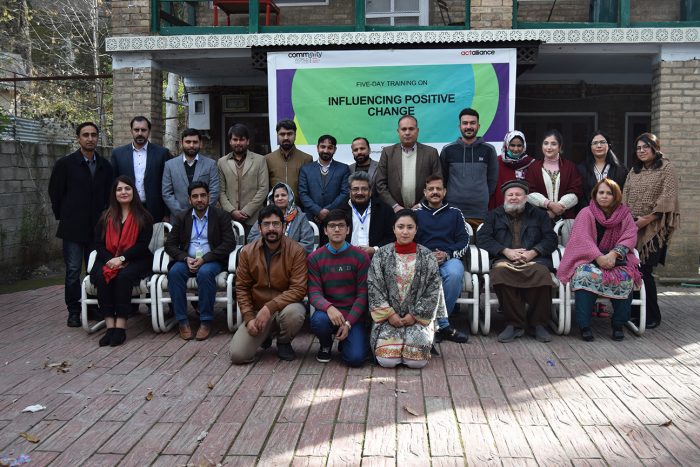
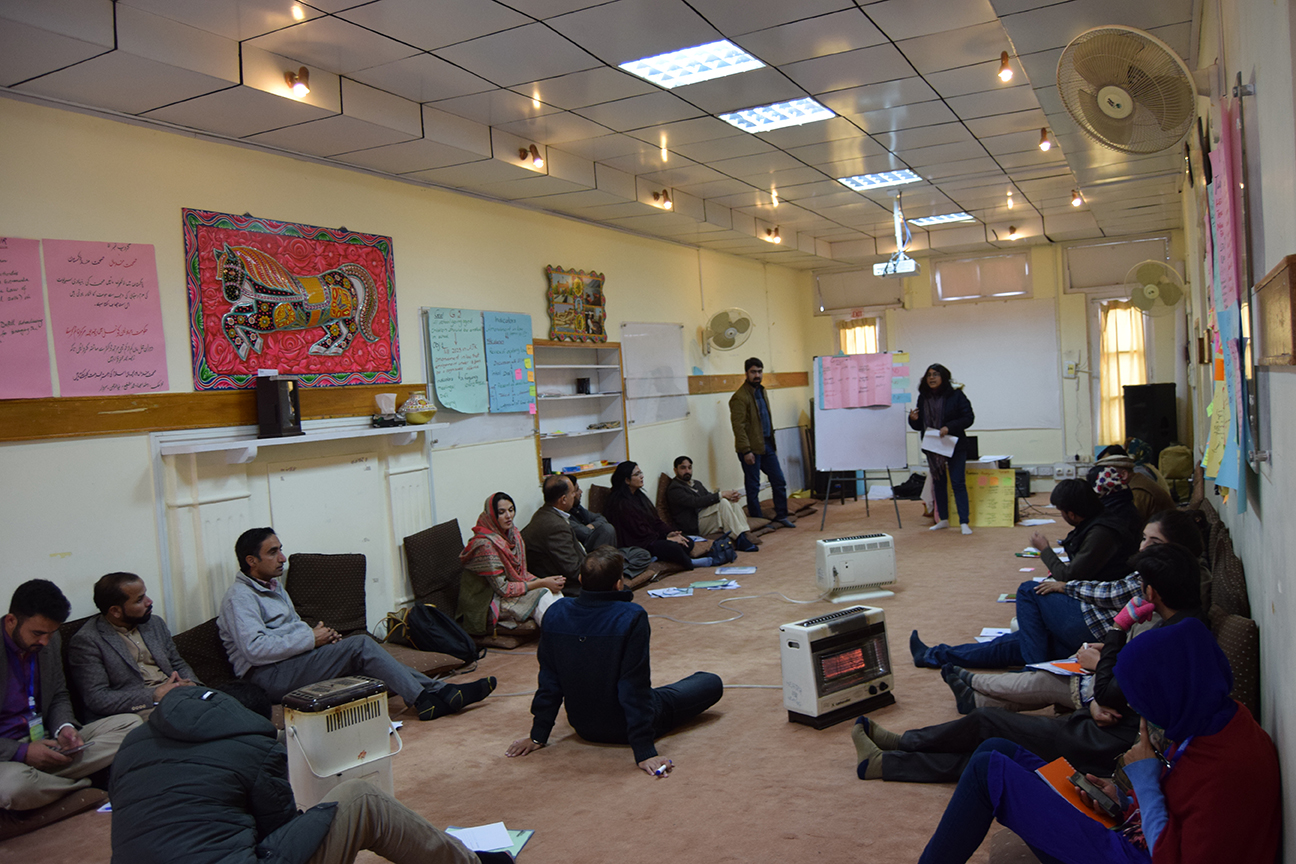
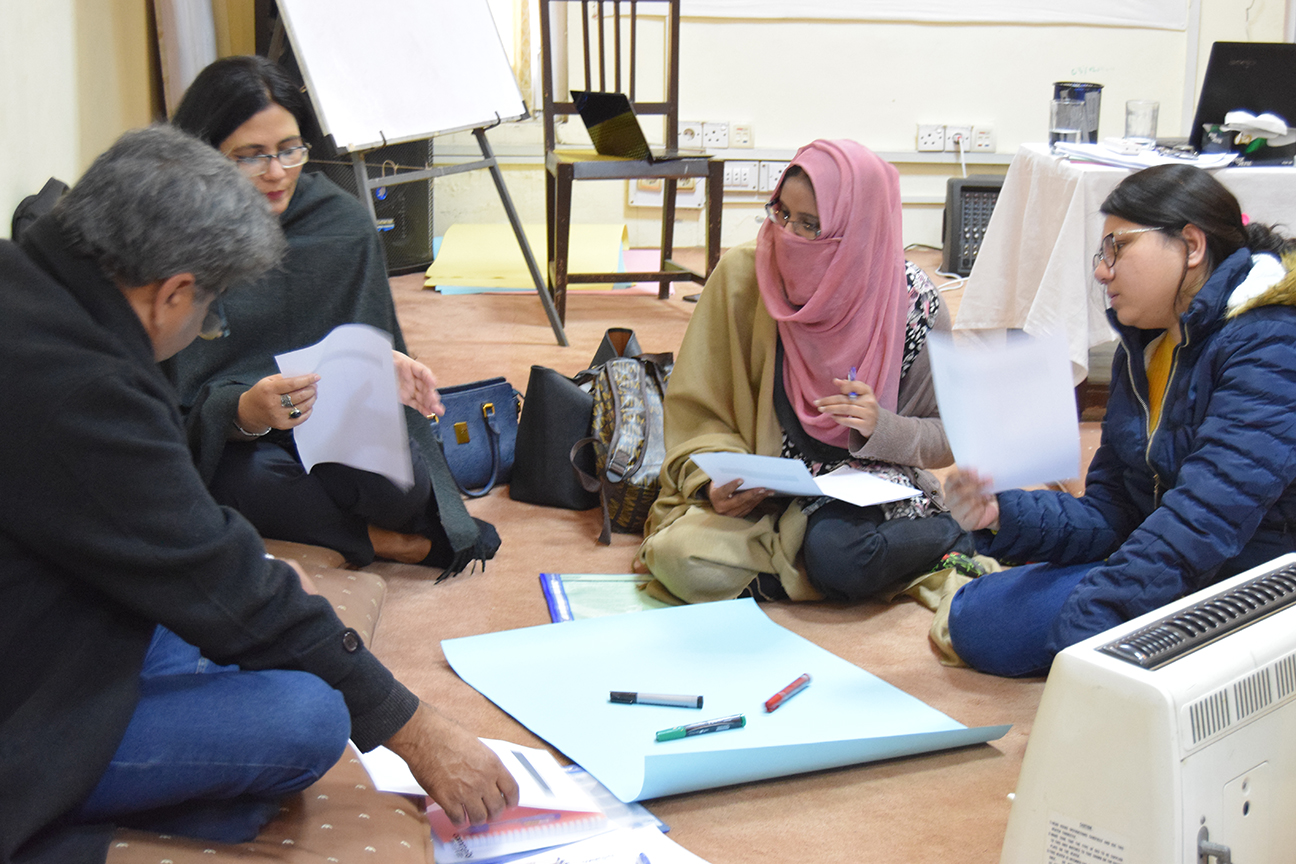
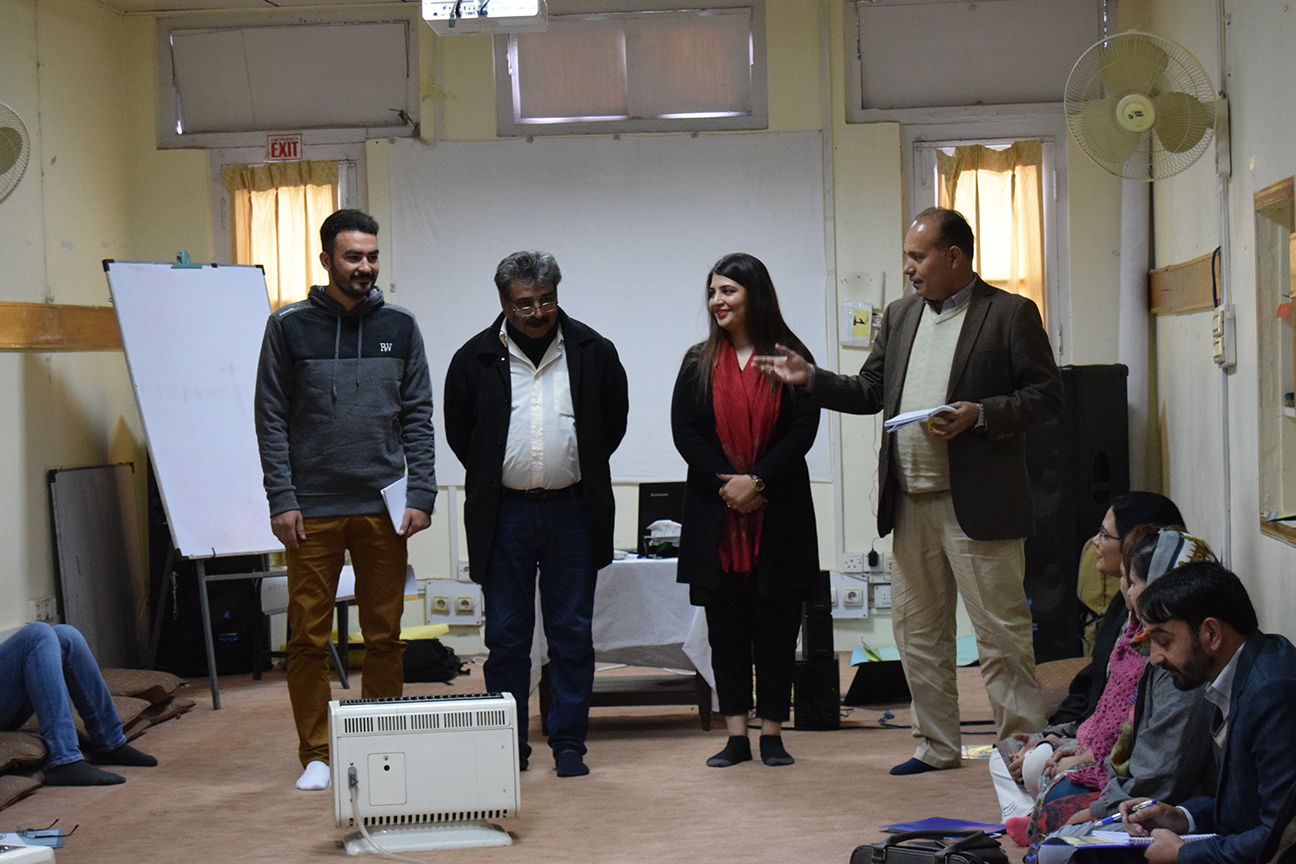
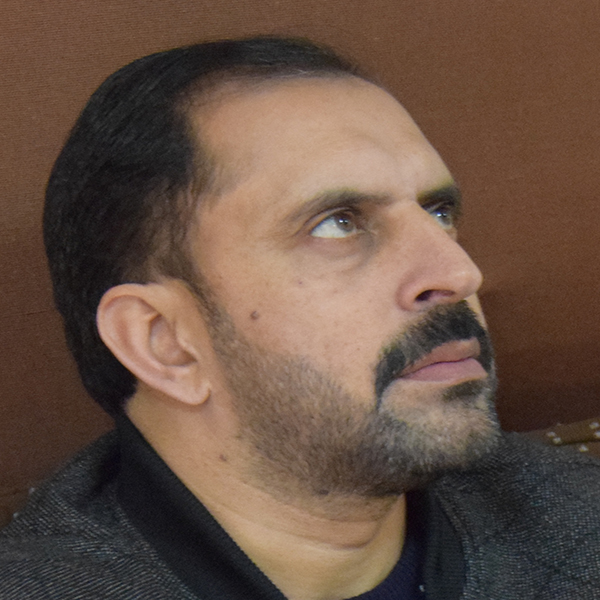 “The training on Influencing Positive Change was a great learning experience. Aftab, our lead trainer, an energetic and motivational person kept us engaged throughout the sessions. The participatory approach allowed us to engage, interact and learn from each other’s’ experiences.” Sardar Shahzeb Hanif, Read Foundation
“The training on Influencing Positive Change was a great learning experience. Aftab, our lead trainer, an energetic and motivational person kept us engaged throughout the sessions. The participatory approach allowed us to engage, interact and learn from each other’s’ experiences.” Sardar Shahzeb Hanif, Read Foundation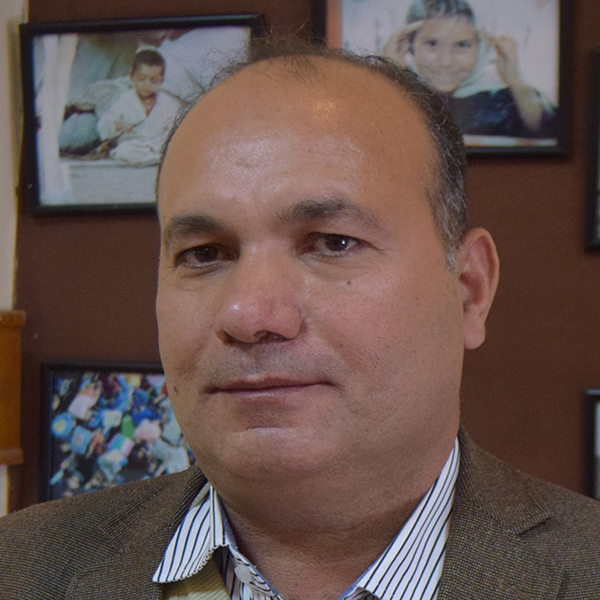 “The training was really thoughtful, and according to the needs and expectations as mentioned in the baseline and Training Needs Assessment. The activities during the training has advanced my knowledge on stakeholder analysis, behavior change communications, political analysis and monitoring and evaluation in the process of influencing for positive change. The contents delivered during the sessions were well planned and informative.” Dr. Muhammad Shafi, Brook Pakistan
“The training was really thoughtful, and according to the needs and expectations as mentioned in the baseline and Training Needs Assessment. The activities during the training has advanced my knowledge on stakeholder analysis, behavior change communications, political analysis and monitoring and evaluation in the process of influencing for positive change. The contents delivered during the sessions were well planned and informative.” Dr. Muhammad Shafi, Brook Pakistan